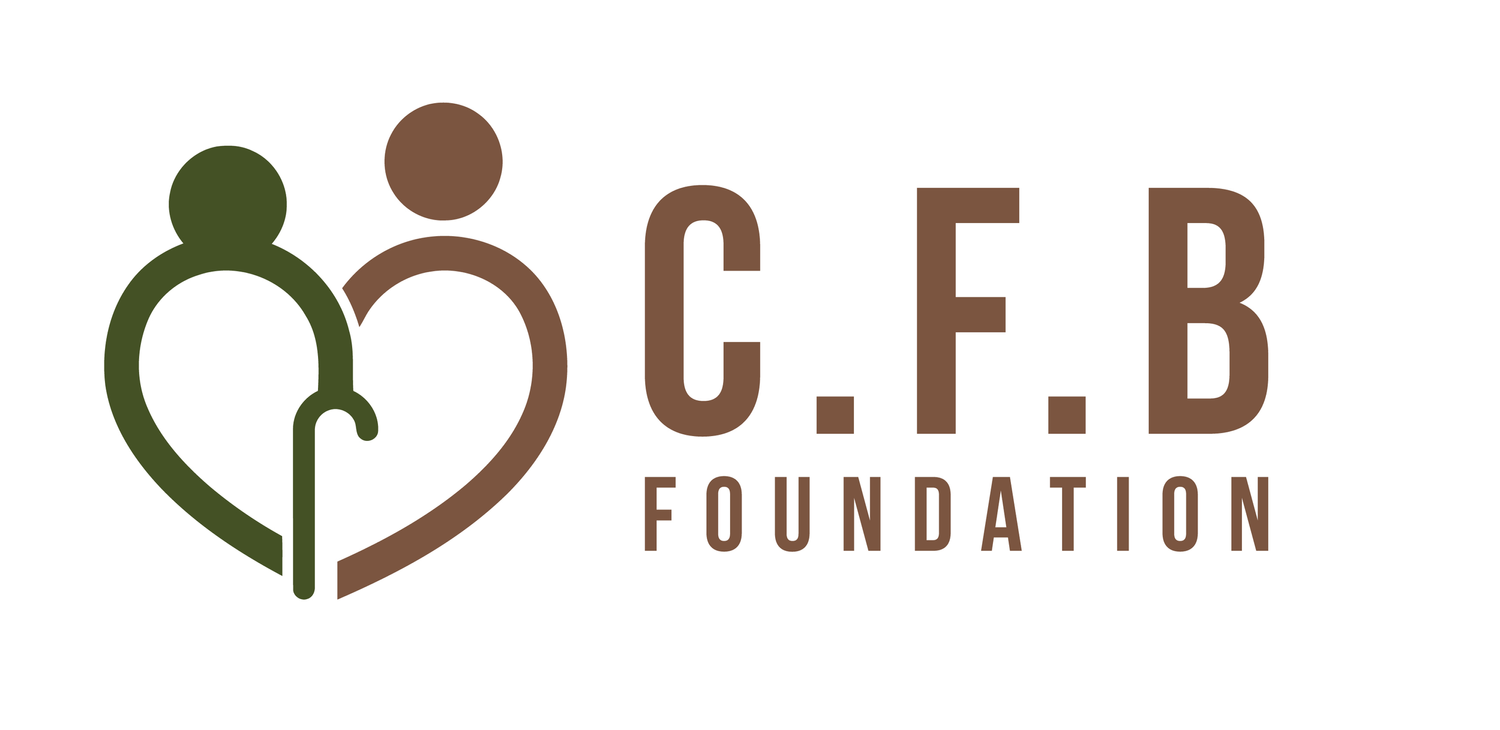Staying mentally active
Staying mentally active
Studies show that mental decline is not an inevitable part of ageing. People who lead intellectually stimulating lives are more likely to be free of dementia conditions like Alzheimer's disease.
The ageing mind
It is possible to keep your brain in shape and to cope with changes in your mental ability.
Simple forgetfulness can be experienced by anyone but is likely to increase with the ageing process, which also affects your concentration and attention span, and the ability to adapt to new situations.
Like anything else, using your brain will make it work best.
Long periods of stress can affect the mind at any age, but age-specific events, like retirement, are highly stressful, as are bereavement and divorce.
For women, the menopause can bring poor memory and concentration, anxiety and panic.
Coping with changes in your mental ability
Change is to be expected as you age, but deterioration is not inevitable.
Many age-linked memory problems are due to poor concentration or motivation or anxiety and stress.
There's some truth in the saying 'use it or lose it'. It's a question of keeping your mind in trim to retain your mental abilities.
Keeping yourself mentally, as well as physically fit, will make you feel better, improve your brain power - and help you to stay independent for longer.
Keeping your brain in shape
There are three main routes to an agile mind:
healthy diet
aerobic exercise
mental stimulation
Healthy diet
A healthy diet can benefit your brain and nervous system.
Foods high in saturated fats, like cakes, biscuits, pastry or sausages, can speed mental decline.
Other foods, like oranges and green leafy vegetables, oily fish or soya, are good for the brain.
Exercise
Exercise is vital for mental agility.
It gets the heart pumping and the circulation going, which increases blood flow, carrying more nutrients and oxygen to the brain.
Exercise also helps with depression and anxiety and other forms of emotional distress.
Mental stimulation
The more active your brain is, the better your memory is likely to be. The greater the variety of the ways in which you use your mind, the easier you'll find remembering.
Mind work-outs
There are lots of ways to do a daily mental work-out. You can:
enjoy a daily puzzle or the crossword
opt for mental arithmetic rather than use the calculator
read more – perhaps by joining or starting a book club
play mind-stretching games, like bingo, bridge, chess or computer games
stay socially active – join a local choir or gardening club
take up a new interest – learn to knit or embroider, even gardening is good for the brain
start a course, day or evening class
go out more with a friend – enjoy the cinema, theatre, galleries
continue working or do voluntary work – social contact helps your memory and concentration
exercise for half an hour at least three times a week

